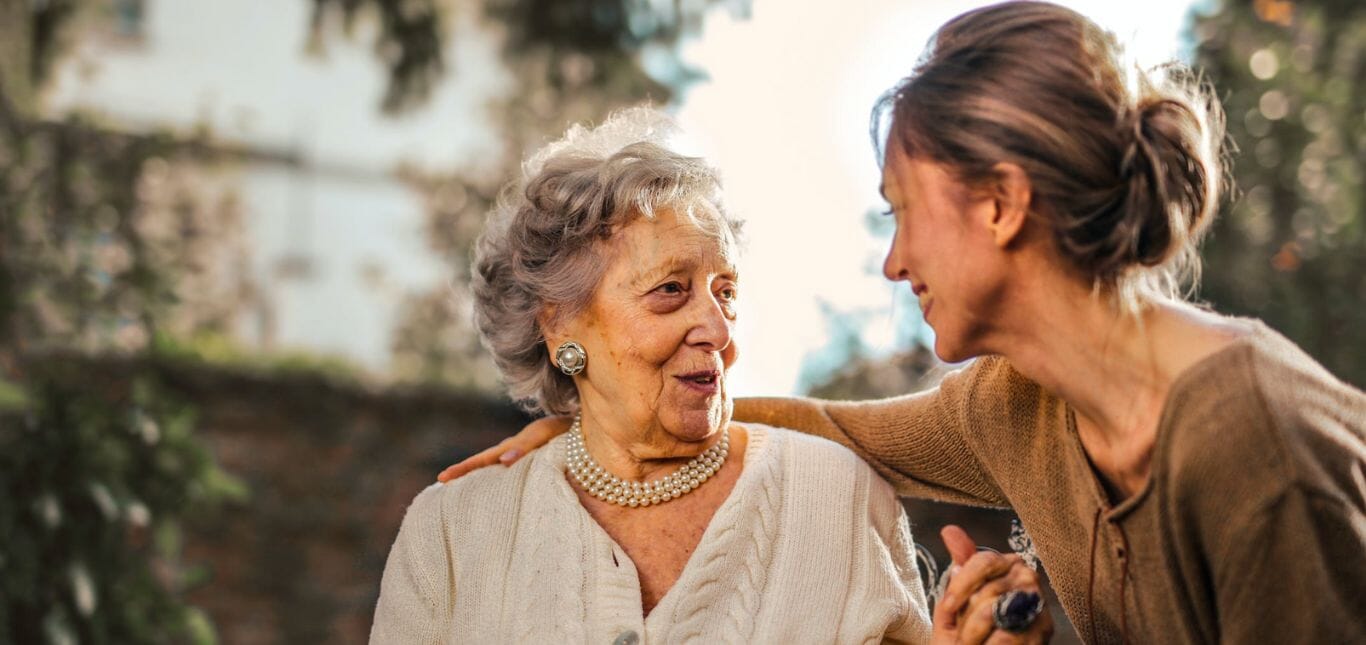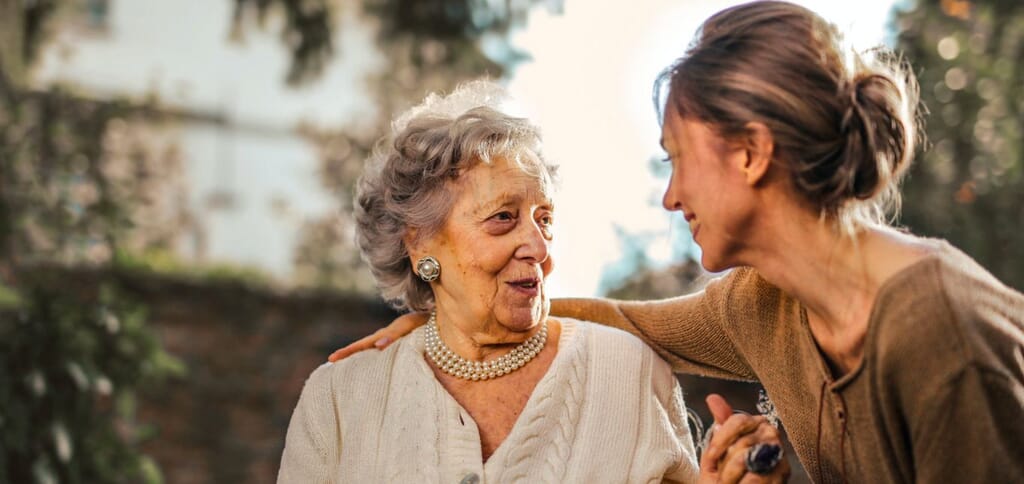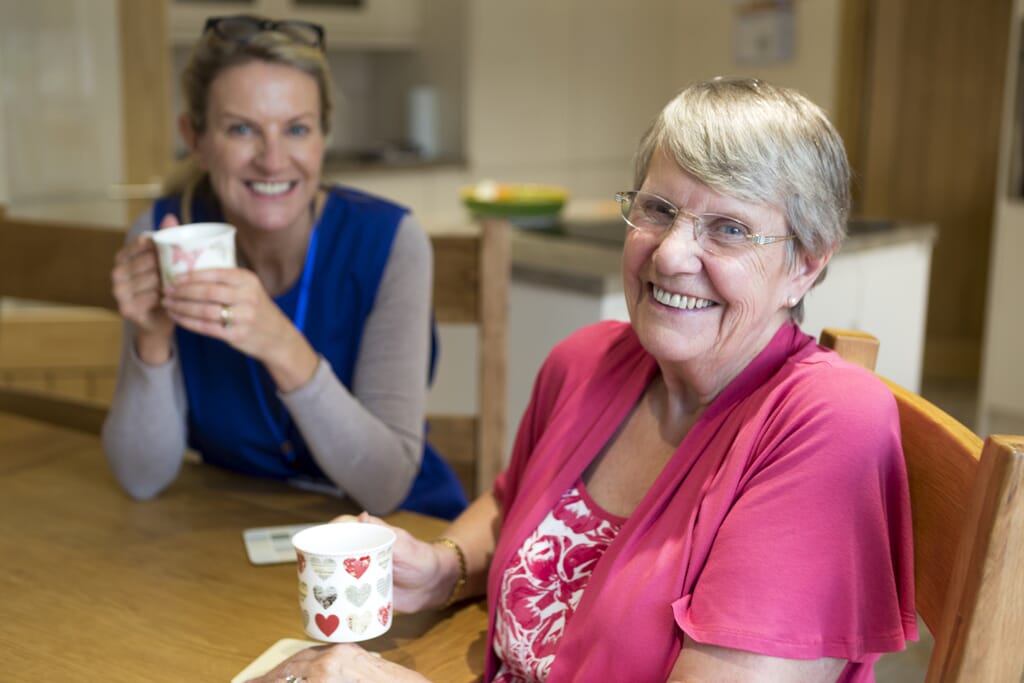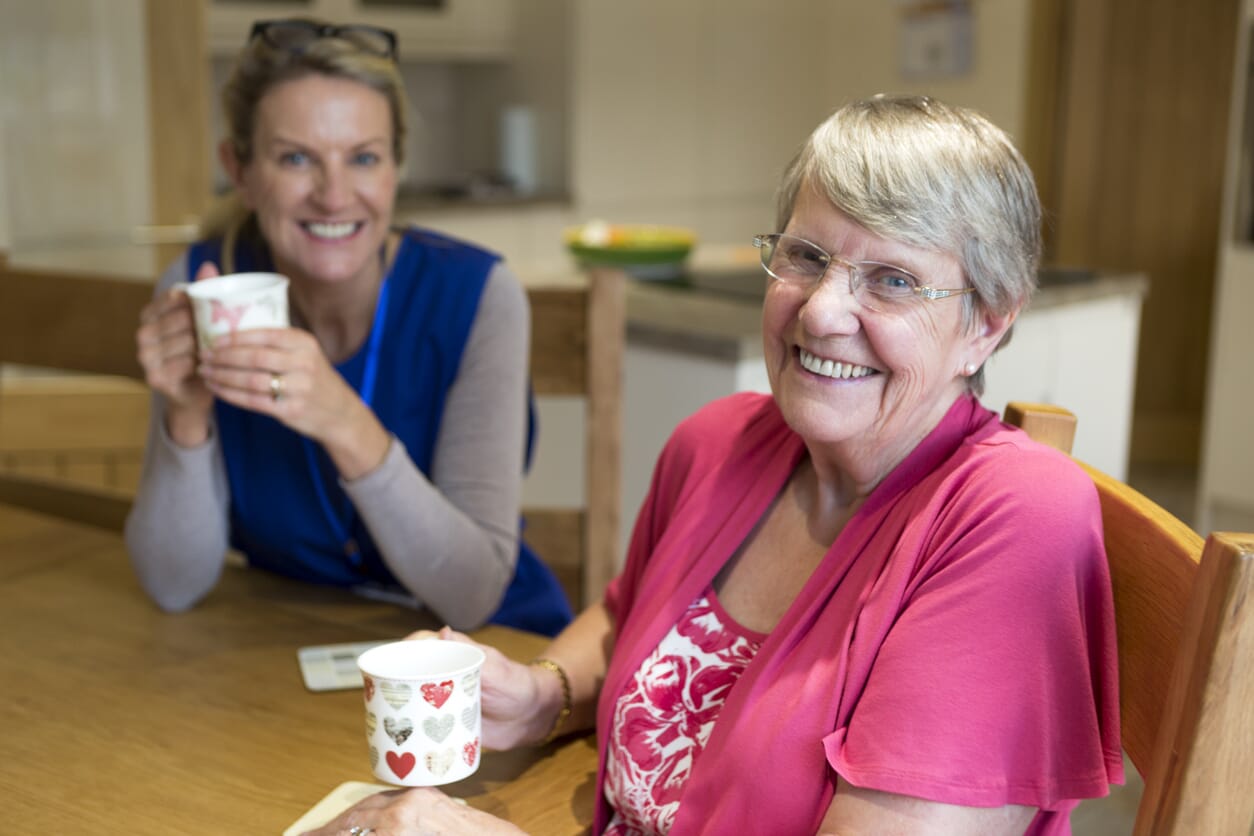Call: 01242 383 773 Or Email us

Complex Care
The Role of Technology in Complex Care

Technology has infiltrated every aspect of our lives, including healthcare. Home users have embraced the boom in heart tracking technology and healthcare apps, and all healthcare providers from GP surgeries to hospitals and hospices have new software systems in place that enhance patient care. But the question remains – can technology make a real difference in the case of complex care needs? It’s a question we will explore in this blog as we look at the rise of technology in complex care.
What is Complex Care?
Complex care, otherwise known as continuing care, is given to people who have significant continuing healthcare issues. These can include conditions such as neurological disorders, developmental disabilities, chronic health conditions such as diabetes and heart disease, substance use disorders and mental health disorders. They can be lifelong conditions, or can develop following an injury or hospital treatment.
Complex care provides personalised healthcare and support for anyone with complex care needs. The main function of complex care is to enable the patient to live an independent and fulfilled life as much as possible, by assisting them with daily tasks, taking care of pain management and other complex needs. Complex care can be given at home or in a residential nursing home depending on the patient and their family’s preference. You can discover more about the provision of complex care in our blog on What is Continuing Care?
How has technology impacted complex care?
Real-time Collaboration
Good communication is critical when it comes to complex care. Often a patient requires a team of care professionals to provide the care they need so it is essential that this team talks to each other on a regular basis. Technology facilitates real-time collaboration through electronic health records (EHRs), allowing different specialists to access and update patient information instantly.
Virtual Health and Remote Monitoring
With complex care patients, it can often be difficult to travel to health care facilities, so the advent of virtual screening and telehealth is a gamechanger. Remote consultations reduce the burden on healthcare workers while still allowing patients to access vital information and expertise. Additionally, remote monitoring technologies allow continuous tracking of vital signs and health parameters, enabling proactive interventions and personalised care plans.
Preventative not Reactive Healthcare
Technology allows healthcare professionals to predict potential complications and tailor interventions based on individual patient needs. This proactive approach is particularly valuable in complex care, where predicting and preventing health crises can significantly improve patient outcomes.
Mobile Health Applications
The rise of healthcare apps for home users shows no signs of slowing down and the technology behind them is just getting better. The apps can empower patients to have some control over their care by facilitating symptom tracking and communication with healthcare providers. By incorporating patient-generated data into the overall care plan, these applications enhance the continuity of care and provide a more holistic view of the patient’s health.
Artificial Intelligence
The next wave of technological breakthroughs is being driven by AI and it’s producing some exciting results, particularly in diagnostics and decision support. AI algorithms can analyse medical images, laboratory results, and patient histories to assist healthcare providers in making more accurate and timely decisions. In complex care scenarios, where multiple factors come into play, AI can help identify subtle patterns and correlations that may not be immediately apparent to human observers.
Rehabilitation goes Virtual
Virtual Reality (VR) is not just for gamers. It has many applications for everyday life too, especially that of healthcare. VR applications can simulate environments for physical and occupational therapy, making rehabilitation exercises more engaging and motivating for patients. This technology not only enhances the rehabilitation process but also contributes to better patient compliance and outcomes.
A Focus on Cybersecurity
With so much healthcare information and patient data being transferred to the cloud, there needs to be enhanced security measures to protect it. Technological advancements in encryption, authentication, and secure data transmission are essential for maintaining the trust and privacy of patients in the digital age.
Technology in Complex Care: Exciting Times Ahead
There is no doubt that technology is changing our healthcare system. From simple implementations such as digitalising patient health records to integrated healthcare apps and groundbreaking VR and AI applications, healthcare is embracing technology. Much of the technology that is shaping the future of healthcare can be applied to Complex Care, where it is being used to offer enhanced patient care that is personalised to a patient’s requirements.




